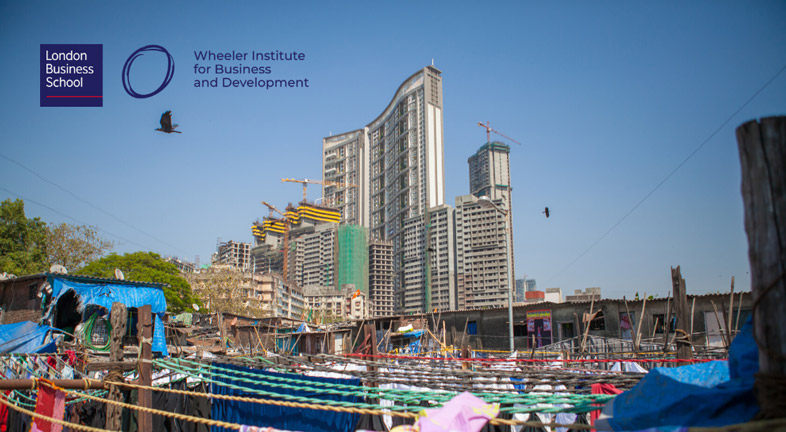Precedents to Covid
“There's going to be all sorts of changes that are here with us forever. The added security that was introduced after 9/11 has been there ever since. We expect now to be looking at the liquids we put in the bags. We expect to be going through the x-ray machines. They're here, we're not going to change them.
“This is a bigger hit but it'll be similar: there'll be lots of changes, we don't even know yet what they really are. I suspect we're going to be asked to prove our health before we get on the flight.
“There are other parallels. It is easy to forget that in Britain, there was the mad cow disease phase which really shut down travel in Britain. At that time, I was involved with the Youth Hostel Association and lot of youth hostels around Britain were shut because you couldn't go out into the country. And there have been other occasions when travel has been badly hit and it came back.”
Small and unnecessary details
Tony Wheeler predicts some of the small details of international travel that were really unnecessary and old-fashioned hangovers that will fall away.
“There's been a lot of talk about how we are never going to see the minibar again. We shouldn't anyway because it's a waste of money. We're never going to see the buffet breakfast again.
“Travel operators are going to have to convince people that it's okay to visit while making all these changes.”
Big changes to carbon emissions
One big change which could be possible is carbon emissions:
“We've gone on for years unable to do a thing. And then suddenly, we can turn the world upside down and every flight in the world, virtually, is shut down. We discovered that it’s not very comfortable, but we could do it. A lot of travel was unnecessary.
“Should we be taking cruises to the Arctic or flying to Europe for the weekend to get drunk? Striking that balance between sustainability, support for the countries we visit and the accessibility to all is going to be key.
“Many people are saying that when we start to be able to travel again, it's going to be people who can afford it. If there are less flights and they have to be less crowded, then prices are going to go up. And if there's more isolation and not so many hotel rooms are going to be open, it'll be more expensive, and I don't want to see that.
“Accessibility is very important; travel should not be a privilege just for the rich. The penniless travellers are very often the most intrepid, people who have a positive impact on the countries they visit and the communities they return to.
“After the huge earthquake in Nepal, which devastated that country, there was a push, from the Nepalese to ‘Come back. We want you to come. Bring your money back to us.’ Similarly, a lot of people thought that, ‘This is something I should be doing.’
“We should get back to these other countries as well because previously, our tourism business has supported them and they need it.”
We will travel for business again
Business travel will not bounce back in the same way but Wheeler predicts there are unforeseen changes for the sector that have yet to play out.
“We have got more used to working from home and we're all adept at Zoom meetings. But it's not like being in the office and kicking ideas around and meeting face-to-face. It's a poor substitute, so I think in that respect, we will want to get back to real life, to actually living with people and getting on with them.
“Airlines are worried that all their business travellers are going to disappear. On the other hand, there's going to be an incentive to have more separation from people rather than jostling elbows back in economy. Maybe that's going to push people into the more expensive seats, if they can afford them. I think there's going to be lots of changes that we really don't see yet.”
Learn more about the Wheeler Institute and other Covid webinars



